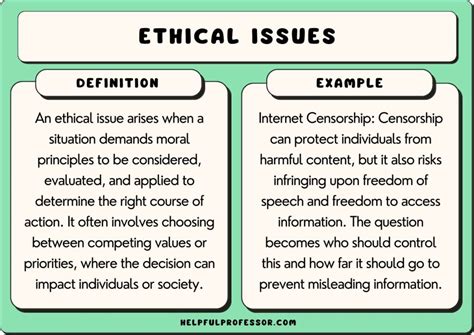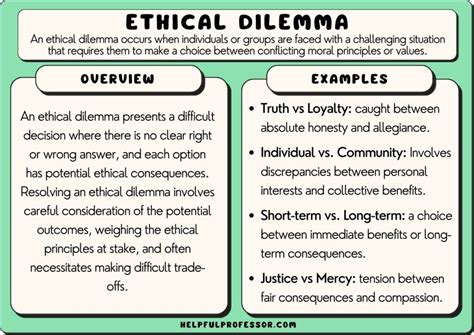whats wrong with replica clothes Every time a new haul of fake designer goods is seized we're told that the people who buy them are ruining the reputation of brands, stealing revenue from companies, . $72.00
0 · the ethical issue of replicas
1 · the ethical dilemma of replicas
2 · manufacturing and selling replicas
3 · is selling replicas illegal
4 · is selling replicas a crime
5 · is buying a replica a scam
6 · is buying a replica a crime
7 · are replicas legitimate
$159.99

Three scientists—Francesca Gino of the University of North Carolina at Chapel Hill, Michael I. Norton of Harvard Business School and Dan Ariely of Duke University—have been exploring in the. Also known as fakes or knockoffs, replicas are close copies of original items created without the consent of the original manufacturer. The illegal trade centers around the consumers who purchase. Every time a new haul of fake designer goods is seized we're told that the people who buy them are ruining the reputation of brands, stealing revenue from companies, .
The AI-driven app Entrupy claims it can alert buyers and resellers if a designer sneaker or purse is suspicious through a handful of uploaded . An aggressive fightback has begun – most of which centres on anti-counterfeiting measures such as holograms, tags and packaging quirks. Salvatore Ferragamo inserts . Fake clothing is dangerous. Fake fashion has been found to contain hazardous chemicals and heavy metals including arsenic, cadmium and lead. These substances are .
A look into Red Points’ research on fake designer clothes for sale online, as well as consumer opinion and shopping behavior. Key findings: Customers seeing fakes of a brand . Replicas (illegal knockoffs; merchandise made and distributed by thieves) are unlawful. Replica apparel, accessories, and footwear are created with the intention of fooling .
What's wrong with buying fake goods? Fake designer logo factory raided. Fake goods warehouse raid is biggest yet - police. New York prosecutors say it is the largest-ever . In addition to easy access to fakes, consumers say the ubiquity of luxury products and their increasingly high prices are fueling their demand for dupes. Brands and resellers are . Three scientists—Francesca Gino of the University of North Carolina at Chapel Hill, Michael I. Norton of Harvard Business School and Dan Ariely of Duke University—have been exploring in the.
the ethical issue of replicas
Also known as fakes or knockoffs, replicas are close copies of original items created without the consent of the original manufacturer. The illegal trade centers around the consumers who purchase. Every time a new haul of fake designer goods is seized we're told that the people who buy them are ruining the reputation of brands, stealing revenue from companies, contributing to an unethical. The AI-driven app Entrupy claims it can alert buyers and resellers if a designer sneaker or purse is suspicious through a handful of uploaded photos, while fashion tech company The Ordre Group has. An aggressive fightback has begun – most of which centres on anti-counterfeiting measures such as holograms, tags and packaging quirks. Salvatore Ferragamo inserts passive radio-frequency identification tags in the left sole of each pair of shoes it produces, as does Moncler in all of its products.
Fake clothing is dangerous. Fake fashion has been found to contain hazardous chemicals and heavy metals including arsenic, cadmium and lead. These substances are known to be harmful to our health and can cause serious long-term damage. A look into Red Points’ research on fake designer clothes for sale online, as well as consumer opinion and shopping behavior. Key findings: Customers seeing fakes of a brand are put off from buying the brand in future; Only a small minority of designer fashion consumers look to buy fakes; Risky shopping habits lead people to buy fakes by accident
Replicas (illegal knockoffs; merchandise made and distributed by thieves) are unlawful. Replica apparel, accessories, and footwear are created with the intention of fooling the consumer into believing that the item is made by a specific business or brand--when they are not.
What's wrong with buying fake goods? Fake designer logo factory raided. Fake goods warehouse raid is biggest yet - police. New York prosecutors say it is the largest-ever seizure of. In addition to easy access to fakes, consumers say the ubiquity of luxury products and their increasingly high prices are fueling their demand for dupes. Brands and resellers are investing in authentication technology, but so far, none has stemmed the tide of fakes. Three scientists—Francesca Gino of the University of North Carolina at Chapel Hill, Michael I. Norton of Harvard Business School and Dan Ariely of Duke University—have been exploring in the.
Also known as fakes or knockoffs, replicas are close copies of original items created without the consent of the original manufacturer. The illegal trade centers around the consumers who purchase. Every time a new haul of fake designer goods is seized we're told that the people who buy them are ruining the reputation of brands, stealing revenue from companies, contributing to an unethical.
The AI-driven app Entrupy claims it can alert buyers and resellers if a designer sneaker or purse is suspicious through a handful of uploaded photos, while fashion tech company The Ordre Group has. An aggressive fightback has begun – most of which centres on anti-counterfeiting measures such as holograms, tags and packaging quirks. Salvatore Ferragamo inserts passive radio-frequency identification tags in the left sole of each pair of shoes it produces, as does Moncler in all of its products.
the ethical dilemma of replicas
Fake clothing is dangerous. Fake fashion has been found to contain hazardous chemicals and heavy metals including arsenic, cadmium and lead. These substances are known to be harmful to our health and can cause serious long-term damage. A look into Red Points’ research on fake designer clothes for sale online, as well as consumer opinion and shopping behavior. Key findings: Customers seeing fakes of a brand are put off from buying the brand in future; Only a small minority of designer fashion consumers look to buy fakes; Risky shopping habits lead people to buy fakes by accident Replicas (illegal knockoffs; merchandise made and distributed by thieves) are unlawful. Replica apparel, accessories, and footwear are created with the intention of fooling the consumer into believing that the item is made by a specific business or brand--when they are not. What's wrong with buying fake goods? Fake designer logo factory raided. Fake goods warehouse raid is biggest yet - police. New York prosecutors say it is the largest-ever seizure of.

does spirulina have omega 3
goyard london
$65.00
whats wrong with replica clothes|the ethical dilemma of replicas


























